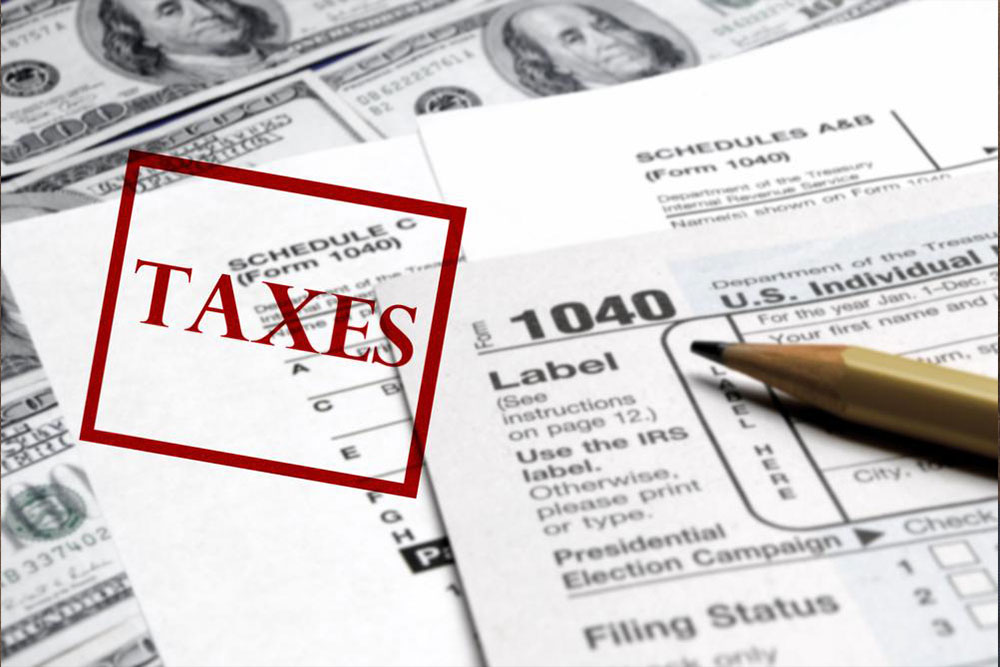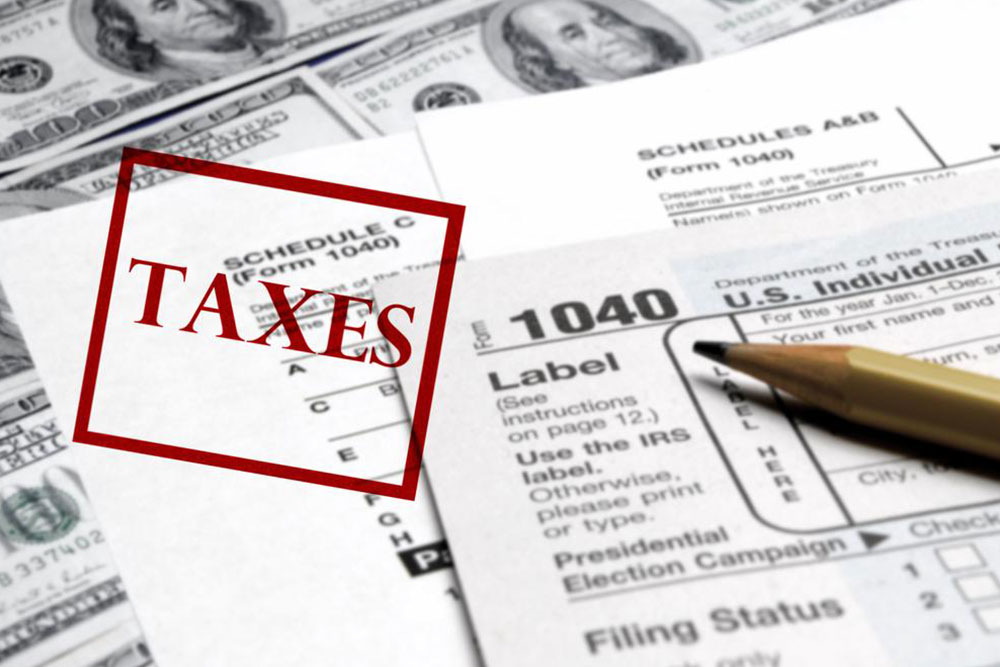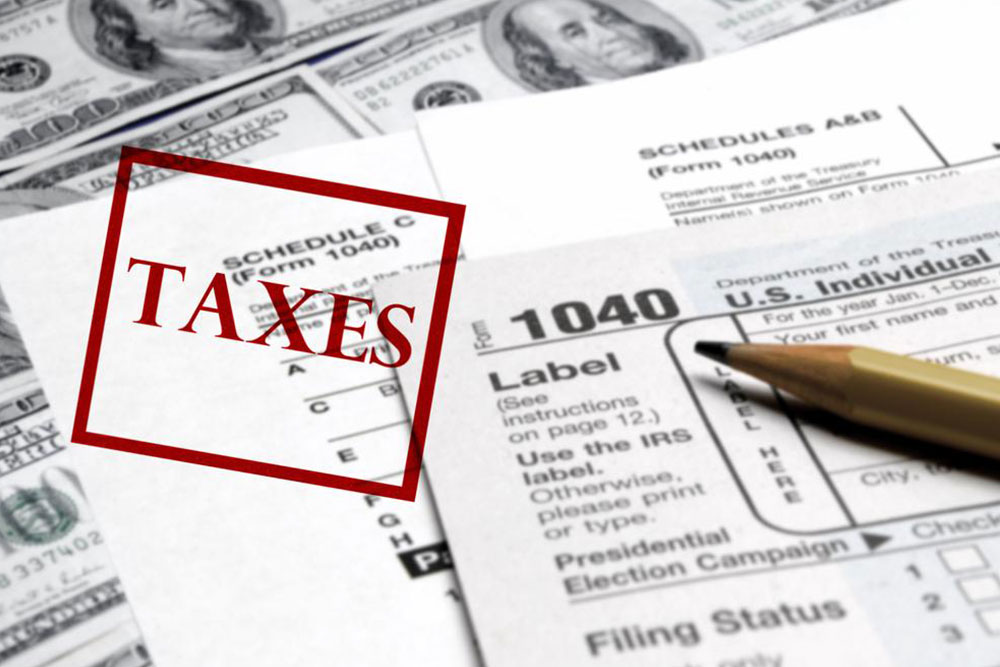Comprehensive Guide to Tax Refund Loans: Understanding How They Work and When to Use Them
This comprehensive guide explains everything about tax refund loans—including how they work, eligibility, associated costs, and when to consider using them. Suitable for taxpayers seeking quick access to funds, the article details the benefits and potential drawbacks, helping readers make informed financial decisions during tax season.

Comprehensive Guide to Tax Refund Loans: Understanding How They Work and When to Use Them
Tax refund loans have become increasingly popular as a financial resource for individuals waiting for their tax refunds. While historically scrutinized for potentially predatory lending practices, recent improvements have made these short-term financial products safer and more accessible. They serve as a useful tool for those needing quick cash, particularly when delays in refund processing could strain personal finances. This detailed guide explores everything you need to know about tax refund loans — including eligibility criteria, costs involved, advantages, and practical application tips.
What Is a Tax Refund Loan?
A tax refund loan is a short-term financial product that provides an immediate cash advance based on your expected tax refund. These loans are typically offered through tax preparation companies or financial institutions in partnership with tax service providers. They are designed to give taxpayers quick access to funds without waiting for the lengthy refund processing times from federal or state agencies. Unlike conventional loans, tax refund loans are directly linked to your tax return process. The repayment is usually deducted automatically from your upcoming refund, simplifying the process. If your refund is delayed, the advance can help bridge the financial gap, allowing you to meet urgent expenses or manage cash flow more effectively.
Who Qualifies for a Tax Refund Loan?
Eligibility for a tax refund loan hinges on certain basic criteria, primarily related to your tax filing and personal circumstances. Generally, you must be of legal age, have a filed or filing tax return, and have a verifiable expected refund. Key factors influencing qualification include your income level, tax filing status, and overall creditworthiness. Notably, this type of loan requires in-person participation at a tax office or a designated financial service provider, as it is linked directly to your tax preparation process. Applicants must often bring valid identification and relevant tax documents. Although good credit history can be advantageous, many providers offer these loans regardless of credit score, given the security is the expected refund itself.
Understanding the Costs of a Tax Refund Loan
One of the most attractive aspects of tax refund loans is that they are often advertised as fee-free or interest-free. However, this does not mean there are no costs involved. Many providers impose service fees, which can vary significantly based on the location and complexity of your tax return. For example, tax preparation fees associated with in-person filing in tax offices might range from as low as $50 for simple returns like Form 1040EZ to over $500 for more complex filings involving itemized deductions or multiple schedules. Additionally, some service providers may charge administrative or processing fees for issuing the loan. While these fees are typically disclosed upfront, it’s essential for taxpayers to compare costs across different providers and consider whether the convenience and speed justify the expenses involved. Consulting a financial advisor before paying substantial in-person fees can help ensure you are making an informed decision.
Who Should Consider Using a Tax Refund Loan?
Tax refund loans can be highly beneficial for various individuals and situations. Those who rely heavily on their tax refunds to cover essential expenses such as rent, utilities, or medical bills may find the immediate cash helpful, especially if they face delays in processing their refunds. Early filing of tax returns can also expedite your access to funds, making these loans advantageous during financially tight periods, such as holiday seasons or emergency situations. Additionally, taxpayers claiming significant credits, like the Child Tax Credit (CTC) or Earned Income Tax Credit (EITC), can benefit from these loans, provided they understand the verification process and potential delays involved. It's important for applicants to evaluate their financial needs carefully, as using these loans responsibly can help manage cash flow gaps, but relying on them repeatedly or without understanding associated fees might lead to unnecessary expenses.
In summary, tax refund loans serve as a practical financial tool for tailored needs, offering quick access to cash based on anticipated refunds. By understanding the specific eligibility requirements, costs, and timing considerations, taxpayers can decide whether this solution fits their financial situation. Always check with reputable providers, compare costs, and consider alternative options, such as personal loans or credit cards, for managing urgent expenses effectively.




